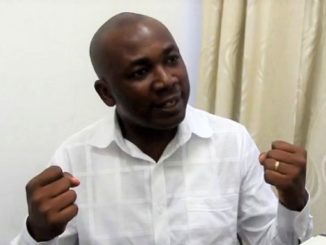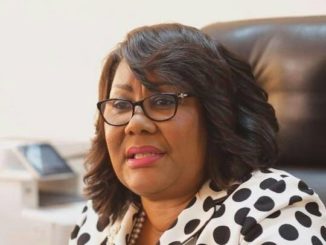
The country’s quest to be a leading tourist destination in the West Africa sub-region faces an enormous challenge as tourism operators are saddled with at least 21 taxes – which are ultimately passed on to consumers, a Parliamentary report has revealed.
According to the report, a typical hotelier has to comply with fees coming from the Environmental Protection Agency, Food and Drug Authority; Metropolitan, Municipal and District Assemblies; Fire Service, Ghana Police Service; Town and Country Planning, property rates, etc.
Put together, these multiple fees and charges increase the cost of operation for tourism operators, who eventually pass on the burden to their consumers – resulting in very costly services.
“These fees and payments are mostly passed on to patrons, and results in branding Ghana as an expensive destination. The net effect is that we are losing out to our competitors in the West Africa sub-region,” a report by the Joint Committee on Youth, Sports and Culture; Trade and Industry, and Tourism stated.
According to the committee, the numerous tax burdens are further compounded by an existing ban on tourism incentives and tax concessions to private sector investors in the tourism sector, a situation that the committee said is hindering development of superstructure facilities.
Despite its massive potential for forex and job creation, the tourism sector can be said to be among the most neglected and largely under-resourced sectors in the country.
The Ministry of Tourism, Arts and Culture (MOTAC) is mandated to provide a strong, stable policy environment for effective mainstreaming of Ghanaian culture into all aspects of national life, and to ensure the emergence of a solid and vibrant creative economy to improve and advance the tourism industry.
Notwithstanding its oversight responsibility on 11 agencies and subvented organisations, MOTAC’s budget allocation is among the lowest. In 2018, of the GH¢75.2million allocated, close to 80 percent went into salaries and compensation as well as goods and services, with the remaining GH¢16.7million going into capital expenditure.
The budgetary allocation for 2019 is not so much different from the year before; a total of GH¢76million is expected to be allocated, of which GH¢14.6million is devoted to capex.
This budget allocation is not commensurate with the initiatives promised by the Akufo-Addo government while it was in opposition. One of the key promises made was the transformation of the country into a major Meeting, Incentive, Conference, & Exhibition (MICE) centre, as well as expanding the tourism sector through investment, innovation, the pursuit of service excellence and meaningful partnerships.
But two years on, the Parliamentary Joint Committee in approving the annual budget estimates for the Tourism, Arts and Culture painted a rather grim picture of the lack of attention being paid to the country’s numerous tourist attractions.
“Our natural heritage and anthropogenic attractions – i.e. waterfalls, canopy-walkways, rocks and stones, castles and forts, the Paga Crocodile Pond etc. – remain in their raw natural state without any major development for recreation and leisure to boost domestic and international tourism,” the Committee noted.
It said government will also pursue a deliberate marketing programme to promote our unique historical sites, flora and fauna, waterfalls and other cultural artefacts, and take the staffing of these tourist sites and our hospitality industry as a whole seriously.
Further, to improve professionalism in the sector, an NPP government will partner with the private sector to set up a state-of-the-art hospitality teaching facility, with an operational hotel, classrooms, kitchens, library, and dormitories.
–
thebftonline.com



